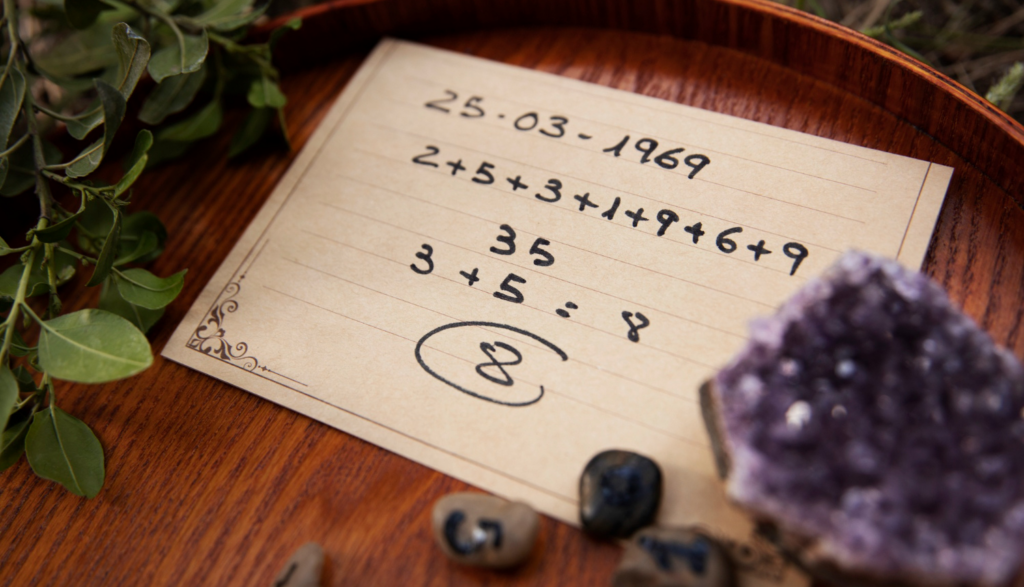Numerology, the study of the mystical significance of numbers, has a rich and diverse history that extends back to the ancient civilizations of the world. Across cultures and epochs, people have ascribed profound meanings to numbers, believing that they held a key to understanding the universe and the secrets of existence. In this article, we explore the fascinating role of numerology in various ancient civilizations and how it provided insights into the numerical significance that transcended mere mathematical calculations.
Ancient Mesopotamia
One of the earliest civilizations to delve into the mysteries of numerology was ancient Mesopotamia, where scholars attached symbolic meanings to numbers. The Sumerians, for instance, considered the number 60 as sacred and used a sexagesimal (base-60) numeral system. The Babylonians, successors to the Sumerians, developed complex systems of divination based on numerical patterns, believing that certain numbers carried divine messages.
Ancient Egypt
In ancient Egypt, numerology played a crucial role in religious and mystical practices. The Egyptians attributed significance to numbers in the construction of pyramids, temples, and other structures. The number 3, for instance, represented the divine trinity of Osiris, Isis, and Horus. Additionally, the ancient Egyptians associated numbers with cosmic forces, using numerology for guidance in various aspects of life.

Ancient China
Chinese culture has a long history of numerology, with the practice deeply rooted in Daoist and Confucian traditions. The I Ching, a classic Chinese divination text, assigns meanings to eight trigrams and sixty-four hexagrams, each representing unique combinations of yin and yang energy. Numerology in ancient China was not only applied in divination but also in architecture, medicine, and daily life, reflecting a holistic view of the interconnectedness of numbers and cosmic energies.
Ancient Greece
In ancient Greece, the father of mathematics, Pythagoras, made significant contributions to numerology. Pythagorean numerology assigned specific characteristics and qualities to each number, and it became the foundation for much of Western numerological thought. The Pythagorean theorem, a fundamental principle in geometry, also underscored the importance of mathematical relationships and proportions, reinforcing the idea that numbers held a deeper significance beyond their quantitative value.
Related: The Hidden Meaning Behind Important Dates in Your Life
Numerology in ancient civilizations transcended mere mathematical calculations, offering insights into the mystical and spiritual aspects of existence. Whether in Mesopotamia, Egypt, China, or Greece, people believed that numbers were a key to understanding the universe, connecting the material and spiritual realms. The legacy of numerology continues to influence modern esoteric practices, demonstrating the enduring fascination with the symbolic power of numbers across cultures and throughout history.





















